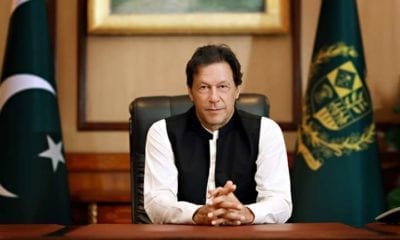Delhi
A year after the Surgical Strike

It has been one year since surgical strikes were carried out in Pakistan-occupied Kashmir on September 29, 2016. Showing no chances for a bilateral agreement, India and Pakistan have limited to firing across the borders in Jammu and Kashmir and slandering each other in global forums.
Pakistan neither acknowledged the strikes nor responded in kind did show that the general deterrence between the two nuclear powers remains intact. But from a point of view of regional stability, the surgical strikes do not seem to have been as effective as was imagined one year ago.
There are two challenges that we face now:
- India-Pakistan escalation has become far more precarious than it has ever been in the past. Pakistan has been retaliating against us ever since the surgical strikes; by increasing the pressure on the frontlines.
- Such preventive strikes, in other words, are unpredictable. They are fused with immense potential to lead up to a competition in ‘risk-taking’.
Such strategy of punishment against terror outfits may not have worked because:
- Consistency and commitment are necessary for a strategy of punishment. The momentum gained by the surgical strikes was not followed up (despite several provocations.
- Pakistan’s retaliation thereafter in the shape of supporting insurgency in Kashmir, in aiding infiltration across the border, and its support in the attacks on the Indian army continued without much reaction from India. These things lead to loss of credibility on India’s part.
Media reports show that 110 militants & 38 army personnel were killed between January and September in 2016 (i.e. before the surgical strikes). However, since the surgical strikes, around 178 militants and 69 Army personnel have been killed. Thus its strategic value is still to be calculated.
With two hostile neighbours Pakistan and China on either side, terror attacks against India on the rise, and the South Asian neighbourhood unsure of India’s leadership any more, New Delhi has a lot to be concerned about its pivotal position in the region. For a country that has always been the regional stabiliser, we seem to be quickly embracing the way of geopolitical revisionism. The costs of aggression, the self-imposed regional exclusion and taking leave strategic altruism are bound to take their toll sooner later.









































